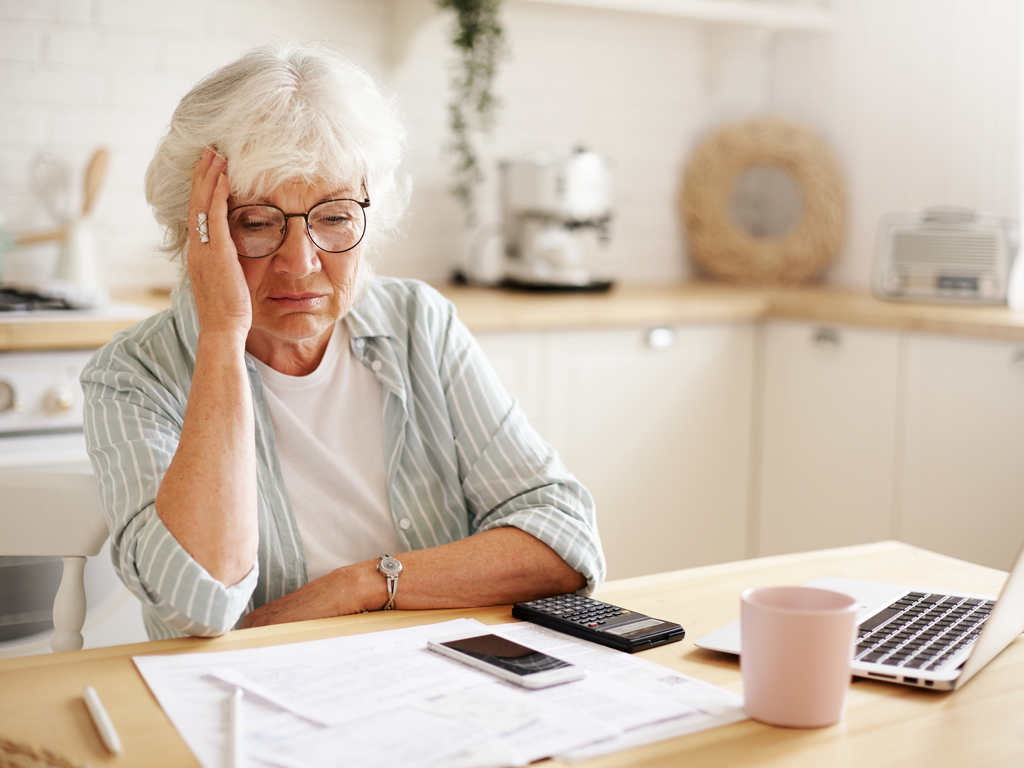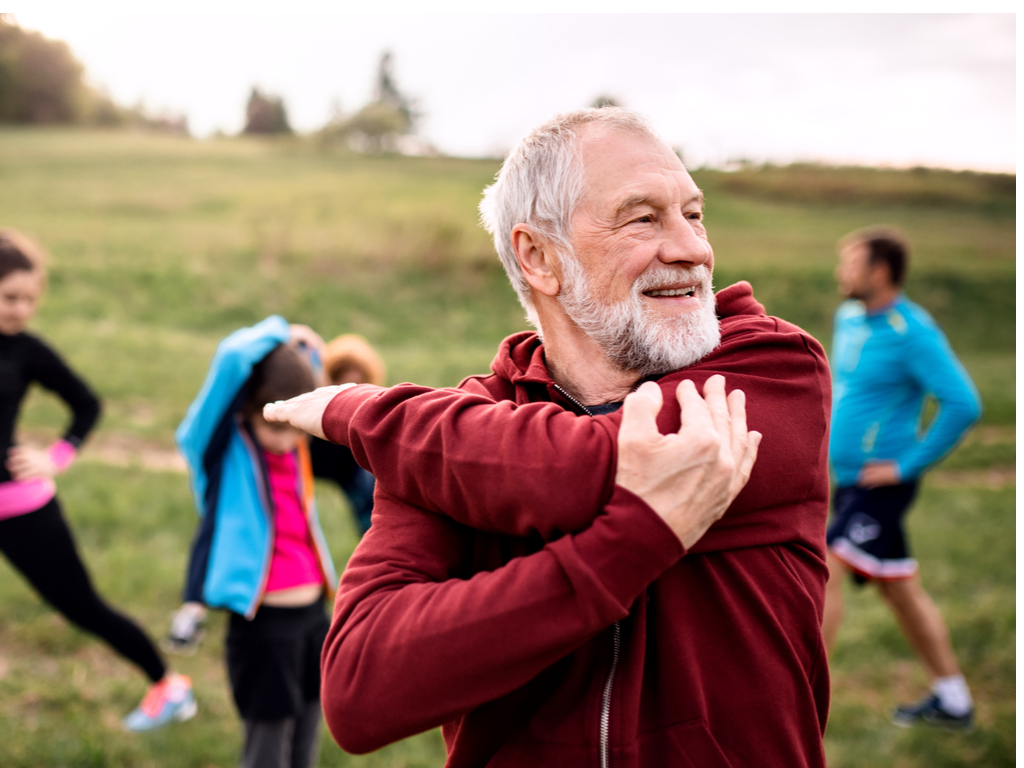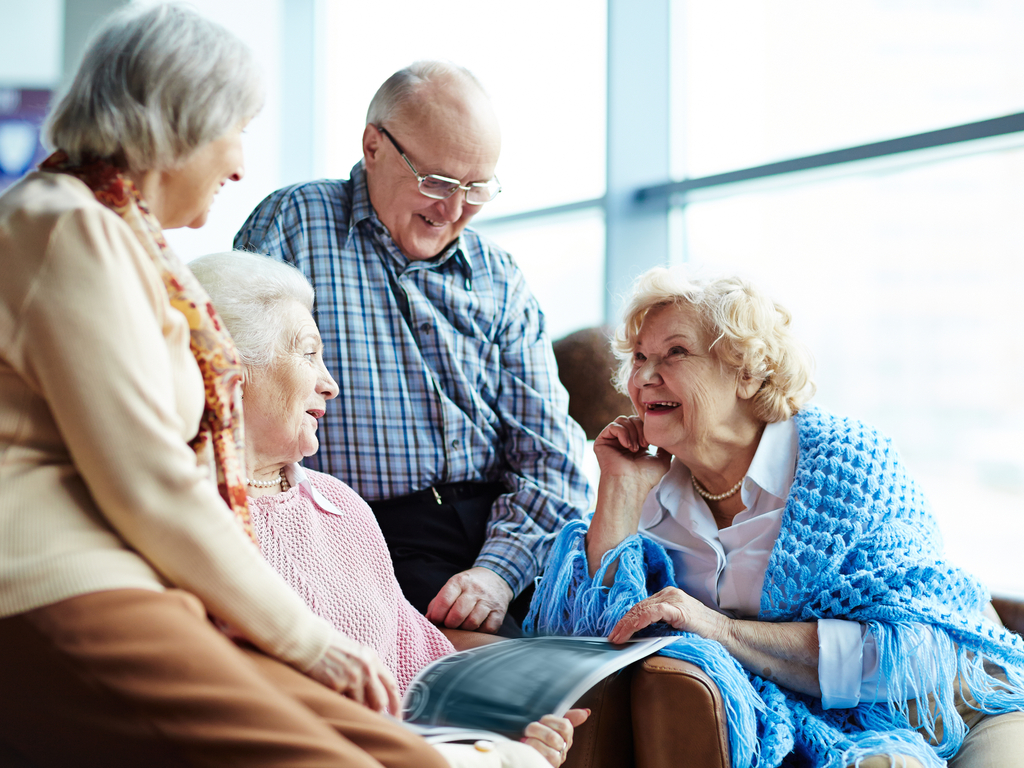Easing Hopelessness and Aging
Le’s talk about hopelessness and aging. Every day that goes by is another day that we age. And for most of us, this isn’t even a thought until after forty or fifty. Also, for most of us, we don’t seriously consider old age for another twenty or thirty years.
As a child, I used to look at the elderly differently. I pictured the golden years as a time of rest when you no longer had to work for a living. I saw it as a period of reflection, especially when speaking to my grandparents and listening to their great life advice.
Aging is also supposed to be a time when more opportunities arise. Once you have raised your children and finished your career, you are considered free to travel the country, take piano lessons, or finally write that book.
But sadly, this isn’t always the case. Life often throws us a curveball, and as we age, those curve balls get more frequent. And they also have a bigger impact. There is a lot to be said for hopelessness and aging, and an array of factors can lead to feelings of depression or loneliness.
Medical Disorders Can Lead to Hopelessness and Aging
As we age, we become more at risk for acquiring a medical problem, some mild and some debilitating. Medical conditions are huge reminders that we are no longer young and vibrant. Arthritis causes our joints to ache and often is a reason not to leave the house. High blood pressure becomes a concern as we age, as does high cholesterol.
Most of the above medical conditions can be managed through medication and changes in diet. But one of the biggest factors in hopelessness and aging is the fear that you may acquire a condition that will plague you terribly or possibly end your life.
Dementia in the elderly is probably one of the most frustrating conditions not only for the patient but also for the patient’s family. Strokes can be life-changing, leaving us to make profound changes we weren’t prepared for. In its many forms, cancer is a constant dark cloud hanging over us as we age.

Financial Hardships-a Large Part of Hopelessness and Aging
Did you know that roughly 25 million Americans aged 60 and older live below the federal poverty level? Many seniors have significant trouble affording their rent or mortgage, utilities, food, or medical bills.
The increase in daily living expenses has continued to rise with each passing decade, putting considerable pressure on the elderly. The accumulation of debt with no way to pay it off is a huge factor in seniors feeling stressed.
Hopelessness and aging have also been contributed to the loss of a spouse and suddenly becoming the sole provider.
Passing of Friends and Family
As children, we continue to make friends, but we often find that many of our friendships are disappearing as we age. It’s inevitable. Death is a certain thing for all of us. But as seniors, death seems to strike closer to home.
It happens more frequently, and it is a constant reminder that we are not getting any younger. Watching a lifelong friend or sibling pass away can be devastating to the elderly, especially when unexpected.
What Are the Consequences of Life’s Curveballs?
Hopelessness and aging go hand in hand, and chronic depression is often the result. This condition is not only debilitating but dangerous. As the body ages, many physical and mental changes can greatly affect us: depression affects not only seniors but those around them.
The mortality rate of seniors who suffers from depression and hopelessness is much higher than those who don’t. Depression can also lead to unhappy eating habits, obesity, insomnia, and memory loss.

Ways to Combat Feelings of Hopelessness and Aging
There are plenty of ways for seniors to keep up the fight against depression. A determination and lust for life are something we all deserve.
Stay Active
No matter what your age, no one will feel very good about themselves if they never leave the house. Seniors must remain active and get exercise. Being moderately active day to day can help you recover from accidents and illness faster, prolonging your life. Exercise improves diabetes, blood pressure, as well as neurocognitive function.
Just thirty minutes of aerobic exercise a day can work wonders. Whether walking, going for a bike ride, or swimming, moving your body increases blood flow and mobility.
Seniors also benefit from low resistance strength training, and it helps build and maintain muscles and can easily be done without the use of a gym. Sit-ups, wall pushups, or lifting a five-pound dumbbell several times a week is all it takes.
Several seniors also find enjoyment in yoga or Tai chi, all of which are great low impact exercises that keep you fluid.
Be More Social
You also won’t feel very good about yourself if you don’t get out and see other people. Seniors who are social tend to decline slower than those who aren’t and they benefit overall from physical and mental health.
Plan a dinner with a family member or friend or go to see a movie. Most theaters have senior discounts to ease the cost of movie tickets.
Join a local church or library group. Most towns have knitting or book clubs or day trips through the local senior center.
Join a Charity
Helping others is a wonderful way to feel better about yourself and keep feelings of depression away. Assist with a local charity group such as a food bank or animal shelter. It feels great to give to others and know that you make a difference.
Get a Pet
Getting a pet can greatly ease the feeling of hopelessness and aging in seniors. In fact, it’s great for all ages. Having a loving animal to keep you company and take care of gives a sense of responsibility.
